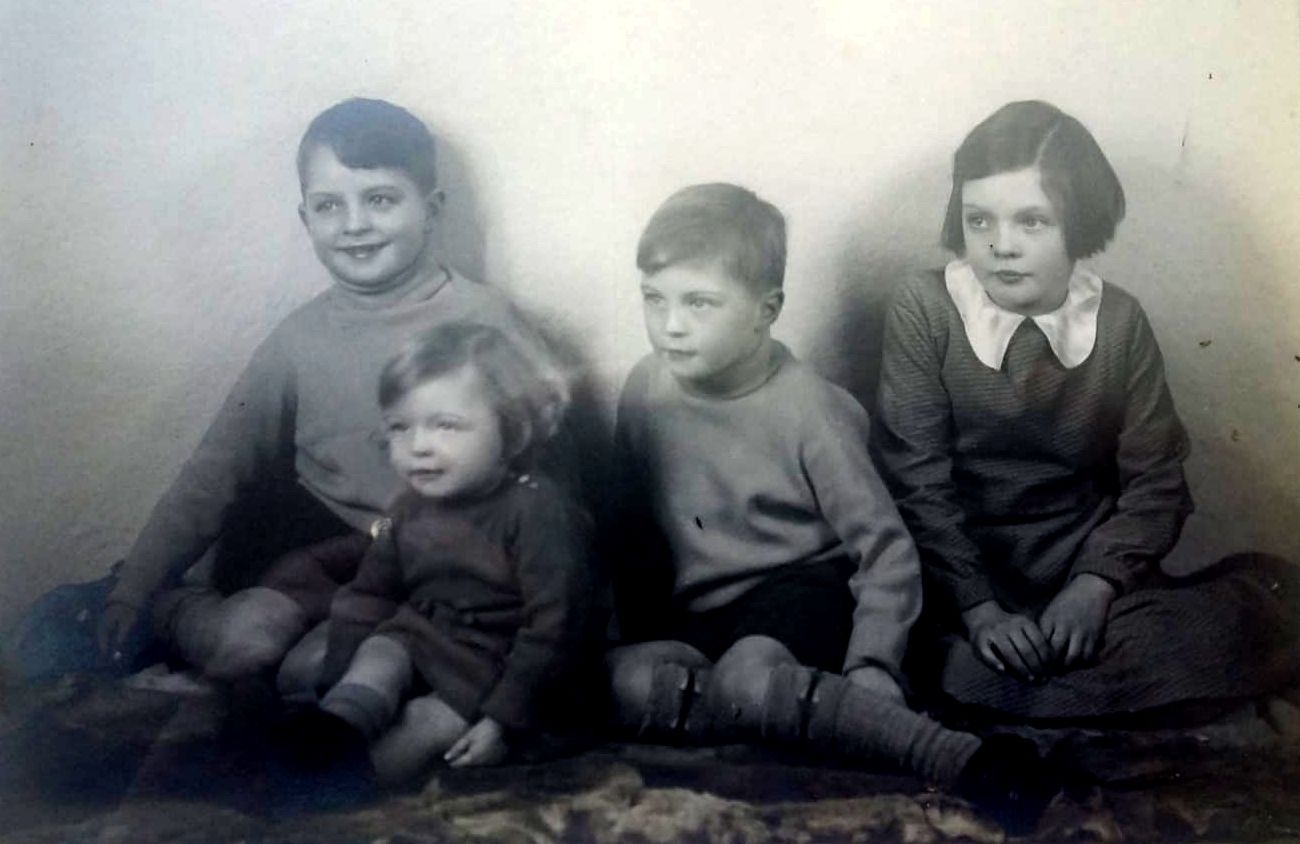|
Henry was a giant of a man, and blessed with immense strength. As well as a blacksmith he was a bare-knuckle fighter, known by the name of 'Beeswing'. Perhaps it was a consequence of the hard start to life that had made my grandfather the man he was. It was in Hunslet that Henry and Elinor’s first child, my Uncle Walter, was born. Uncle Walter would later become a huge influence in my life, and you will hear more of Walter Easterby as my story is told.
In 1893 the Easterby family relocated again, this time to North Frodingham in the East Riding of Yorkshire, where Henry would run the blacksmith’s shop in the Main Street. It was in the blacksmith's shop in North Frodingham that my father, William, was born in 1897, with sister Elsie, brother Reginald and little sister Eveling following to complete the five. A further relocation was to come soon after, to the nearby Carr Farm, and it was there that my father was to spend his younger years working on the farm for Henry before leaving to make his own way in the world.
My father was known to everyone as 'Billy'. In terms of occupation I'm not quite sure what he was. He reckoned to be a farmer but he didn’t ever seem to do a lot of farming, or anything else for that matter. However, 'farmer' was how his occupation appeared on the official forms he filled in, and in the censuses that record the details of the family and their movements through time.
As a young man my father's life would take a dramatic turn in 1914, when at the age of 17 he went to fight in the First World War. He saw front line action in the trenches at Ypres and suffered the horrors of gas attacks. In hindsight he was lucky to come back alive, but the scars of war ran deep and the effects would shape him for the rest of his life.
The man who returned from war was apparently very different to the 17 year old who left North Frodingham in 1914. The returning William Easterby was a very nervous man, and he'd often turn to drink to calm his anxious self.
I don't know a lot of detail of my father's role in the war as he rarely spoke of what went on, but it was evident that his experiences in the trenches went way beyond what one could describe as terrible. Those who knew him before he left for war spoke of him as a shadow of the boy who they knew, and that he returned a very damaged and troubled soul.
My mother's side of the family were the Pattisons from Thirsk. Born Leila Mary Pattison on the 18th March 1906, mother was an infant school teacher. She was a strict lady, and if her manner at home was anything to go by she would have been much feared in the classroom. She also loved her horse racing, which was just as well given the future career paths that would be followed by future generations of the family.
My parents William and Leila married in 1927 in my mother's family's parish of Thirsk. They lived on a small rented farm at Knayton, near Thirsk, and it was there that my elder sister Patricia was born in 1928. Miles Henry followed in August 1929, although the name 'Miles' would only last for a few years, as I will explain later.
|
